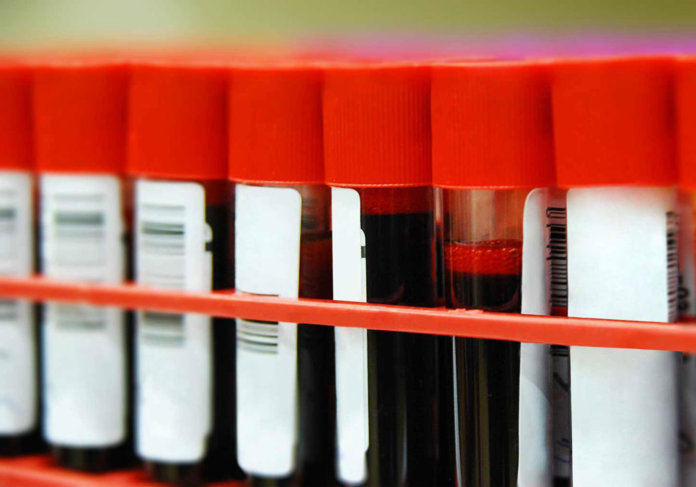The Blood Type Diet is a concept that promotes specific dietary habits and exercise regimens for people with different blood types (O, A, B, or AB). According to this fairly new concept, certain foods are not compatible with certain blood types. And consuming them regularly could have a health-damaging effect.
Together with being beneficial for health, the blood type diet is also promoted as a good and natural way of maintaining a healthy weight. So far, this concept is supported by only a few authors and has very little, if any, scientific proof backing its efficiency. Regardless of that, the blood type diet has gained popularity worldwide and this article will attempt to explain everything there is to know about it.
The Recommended Dietary and Exercise Plans
The following are the specific dietary and physical activity regimens for each blood type, according to the blood type diet advocates.
0 – Blood Type
This blood type, found in just under one-half of the population worldwide, is recognized as ancestral. It is associated with the hunter-gatherer lifestyle and therefore it is presented as a high-protein meal plan similar to the more famous Atkins and Ketogenic diets.
Foods to avoid are mostly those with a higher content of carbohydrates such as all types of grain (wheat, corn, oats, etc.), alcohol, caffeine, and even dairy products.
Recommended foods include most meats (beef, lamb, pork, venison, turkey, etc.) preferably grown in organic conditions. Fresh fruits and vegetables are also recommended.
As for exercise, the O – blood type is considered to require intense physical activity similar to the routine of our ancestors who were constantly on the move while hunting and gathering food. In modern times this translates into jogging, hiking, cycling, swimming, gymnastics, and other energy-consuming activities.
A – Blood Type
The A – blood type is opposite from the O – type, as it draws the evolutionary parallel with the farmers’ diet of the agrarian era. People with this blood group are encouraged to avoid meats and enjoy a very much vegetarian diet.
The main sources of protein are soy, legumes, and green vegetables such as broccoli and asparagus. Fruits are also recommended, and all foods are best to be consumed raw or as close as they can be to their natural state.
The exercise plan is not very rigorous. Physical activity should be light and focused on relieving stress. Yoga, tai chi, swimming, hiking, and golfing are recommended.
B – Blood Type
The Blood Type Diet recognizes the people with the B – blood type as descendants of our nomadic, livestock herding, ancestors. These people are omnivores. Animal proteins, grains, and vegetables are all allowed. However, there are some restrictions.
Corn, lentils, tomatoes, sesame seeds, and chicken are to be avoided. Meats such as mutton, lamb, goat, turkey, salmon, and rabbit are recommended as well as eggs and dairy products.
Physical activity is not considered essential for people with a B – blood type. Lighter activities such as swimming, hiking, and yoga can be performed several times a week on a moderate intensity level.
AB – Blood Type
As its name suggests, this blood group combines the traits of A-type and B-type. The result is a mostly vegetarian diet with controlled addition of lean meats as a source of animal protein. The sources of this protein should be mostly turkey and fish. The rest of the diet plan is made up of grains, fresh fruits, and vegetables.
Tofu, seafood, yogurt, and kefir are also allowed. Caffeine, alcohol, red meats, and smoked meats are not recommended.
Exercise should not be too intense. The main goal is to relax, relieve stress, and channel the kinetic energy without leaving the comfort zone. Yoga, tai chi, gymnastics, and stretching exercises are recommended.
What Does The Science Say?

The Final Word About The Blood Type Diet
Different blood types can be associated with certain genetic predispositions. However, there is no evidence to support the claim that specific dietary plans are health-beneficial for specific blood groups. Many recommendations are beneficial, such as eating low-carb foods, being mostly vegetarian, and increasing the levels of physical activity. These recommendations can result in weight-loss and the improvement in general health, regardless of the blood type.




